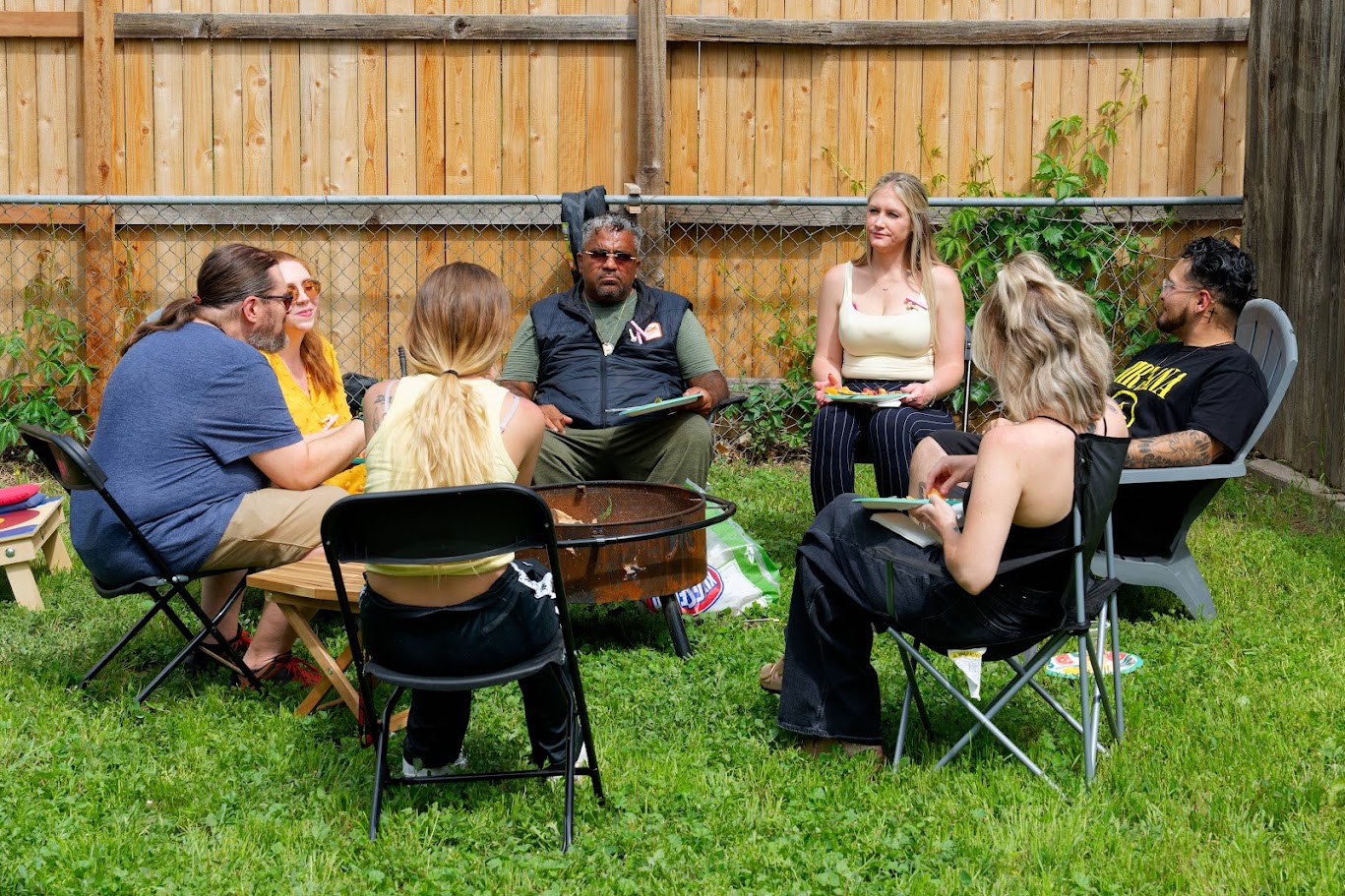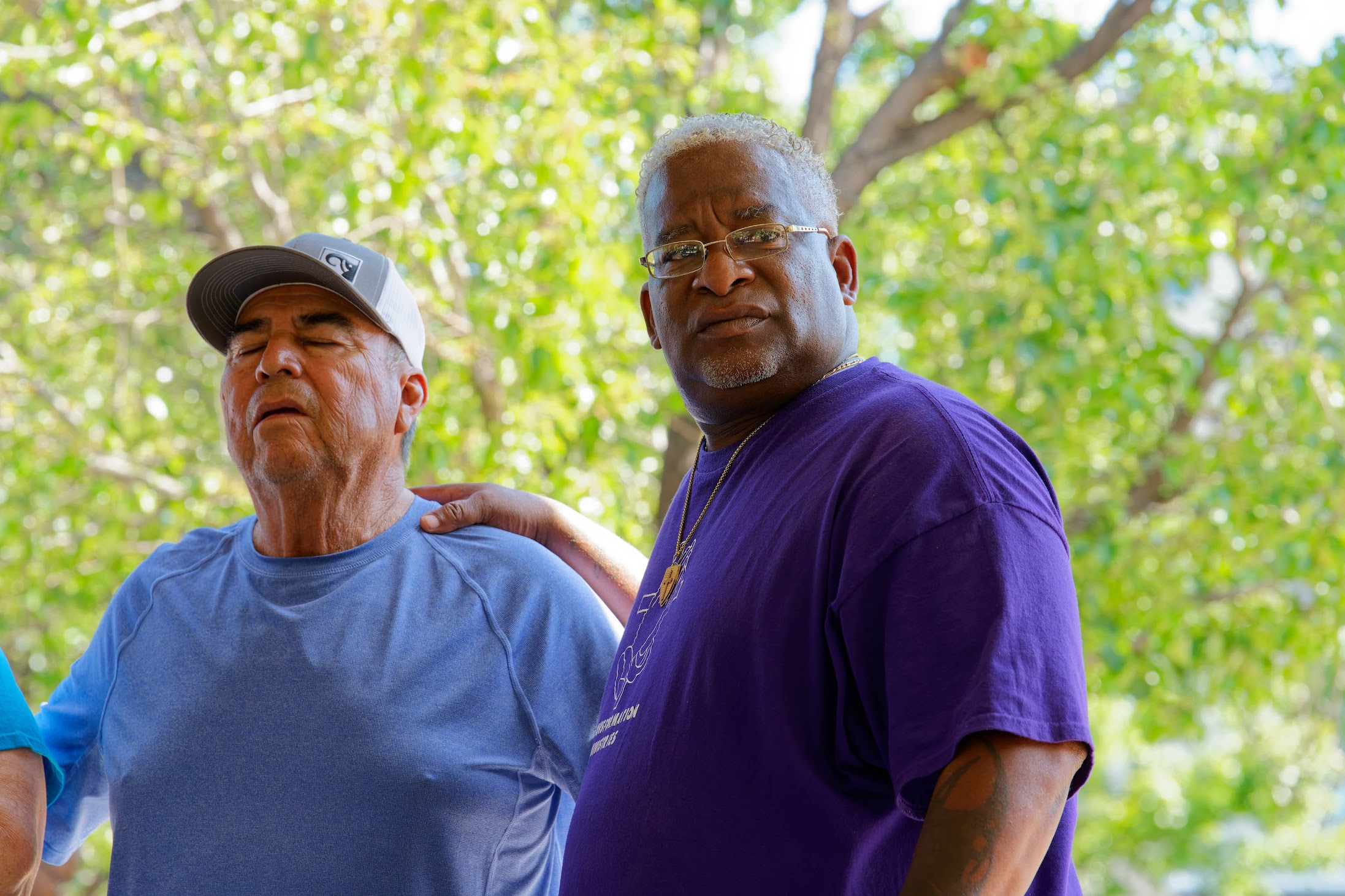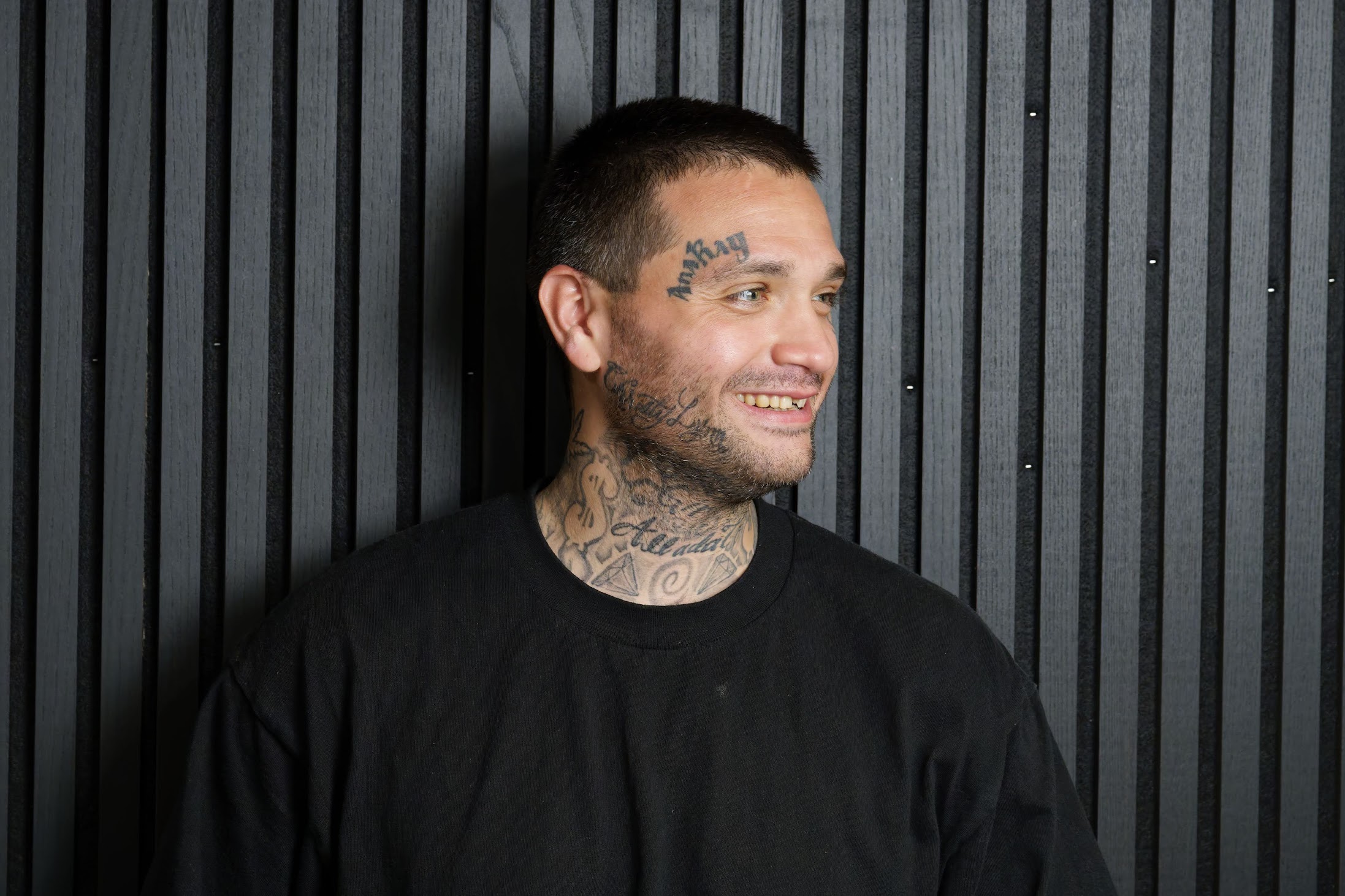
Recovery support groups are crucial for individuals in addiction recovery because they provide a safe and understanding environment for sharing experiences, building a sense of community, and receiving encouragement and accountability. These groups help reduce feelings of isolation, offer valuable coping strategies, and foster long-term sobriety.

Reducing Isolation and Building Community:
- Addiction can be isolating, and support groups offer a space where individuals can connect with others who understand their struggles.
- Sharing experiences and hearing from others who have faced similar challenges fosters a sense of belonging and reduces feelings of loneliness.
- The community aspect of support groups can be a powerful motivator and source of encouragement.

Providing Emotional Support and Accountability:
- Support groups offer a safe space to express emotions like fear, anxiety, and uncertainty, which are common during recovery.
- Sharing these feelings with others who empathize can help reduce shame and guilt.
- The accountability aspect of support groups, with regular meetings and check-ins, can help individuals stay on track with their recovery goals.

Offering Practical Coping Strategies and Relapse Prevention:
- Support groups can introduce individuals to new resources and problem-solving skills that they may not have encountered otherwise.
- Hearing how others have overcome challenges in their recovery journeys can provide valuable insights and strategies for managing difficult situations.
- The ongoing support and reminders of the consequences of substance abuse can help prevent relapse.

Fostering Long-Term Recovery:
- Research suggests that individuals who participate in support groups are more likely to achieve and maintain long-term recovery.
- The ongoing support and encouragement from peers can help individuals navigate obstacles and stay focused on their recovery journey.
- The sense of community and belonging can also contribute to a more positive and sustainable recovery experience.

Complementing Professional Treatment:
- Support groups are not a replacement for professional treatment but can be a valuable complement to therapy and other clinical interventions.
- They provide a different type of support and can help individuals build a strong foundation for lasting recovery.